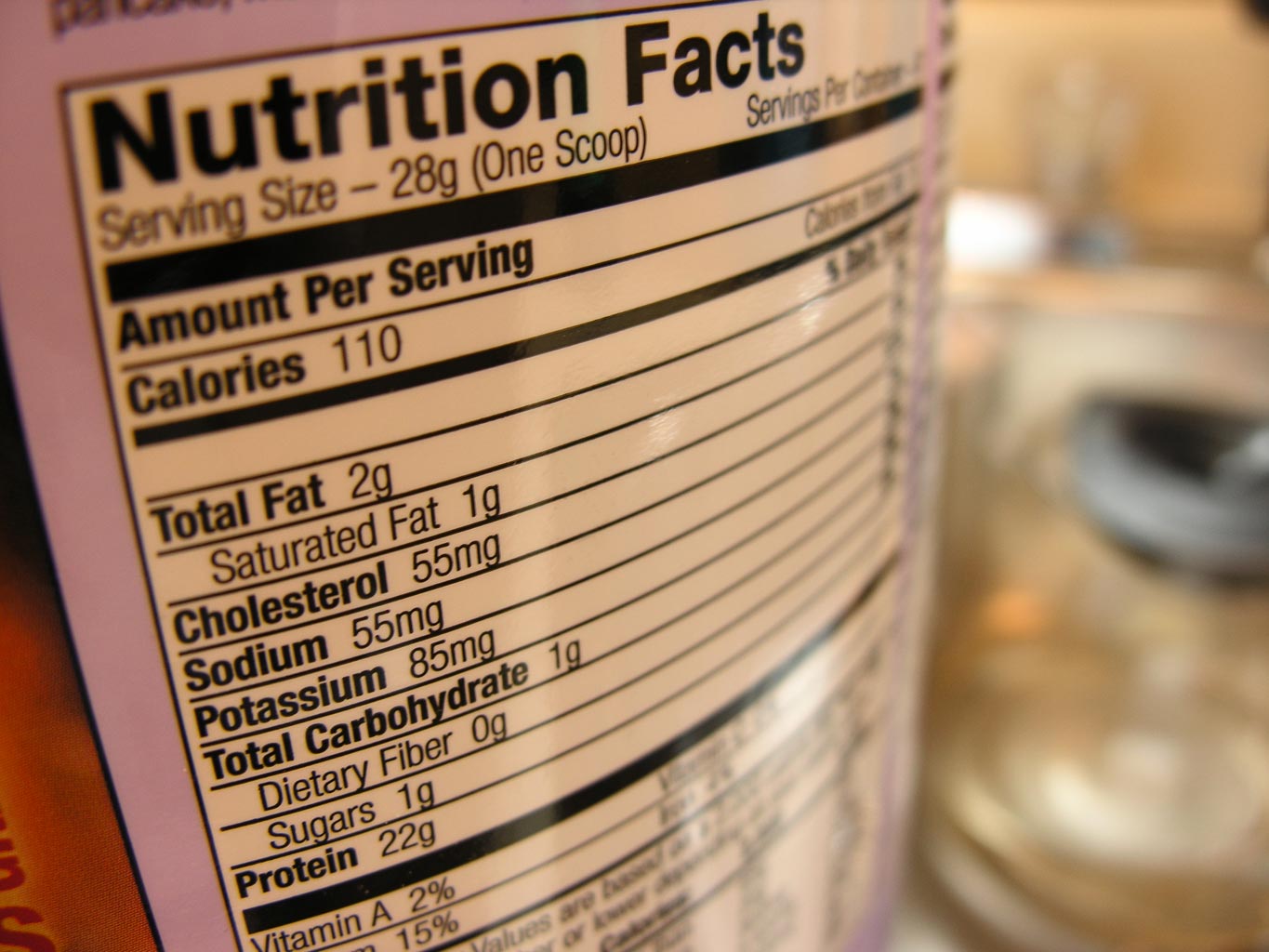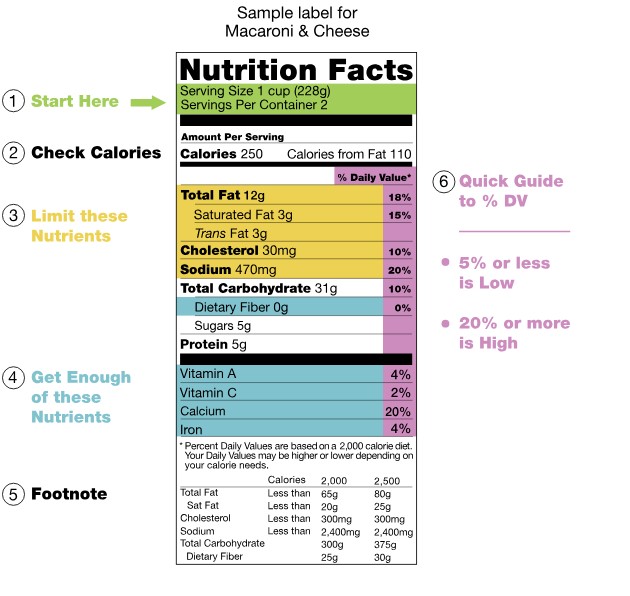
We have talked before about how the ADHD has been associated with obesity and the mechanisms implicated on it. I will like to explain more about this important subject so you can understand what dietary changes you can make to avoid the risk of weight gain. Most of the authors attribute the presence of obesity on ADHD individuals to disorder eating patterns, especially overeating, that means that these people are eating a higher amount of calories per day in comparison of individuals without ADHD. When a person consumes more calories or food than their body needs they start to gaining weight and this happens to all kind of people, I’m not talking only about those who had ADHD, and that becomes a health problem.
Nevertheless, there is a recent study that suggests that ADHD-obesity relationship was linked to unhealthy food choices, rather than overeating behavior (1). This means that ADHD individuals are eating the same amounts of calories per day as healthy ones, but their food choices are not good enough to meet the dietary recommendations and can lead to nutritional deficiencies that have been observed on these patients (2,3). These kind of patients tend to eat more processed meat, unhealthy snacks, and refined cereals; instead of consuming healthy food choices like vegetables, fruits, whole grains, nuts, and fish.
We can suggest that this problem it may be due to the fact that there is a lack of information related to nutrition, so it is easy to get confused on which food products are healthy and which are not.
When you go to the supermarket, you will find a lot of food options that have a label that says “light” or “healthy,” and you may buy them without analyzing if they are genuinely healthy.
So the questions is “how can you know if a product is healthy or not?”
First of all, you should opt to buy fresh products such as fruits, vegetables and fish (foods that are rich in vitamins and minerals needed to maintain our mental health in good shape). And avoid consuming fast, packaged or canned food because these kind of products contain a lot of sodium, sugar, fat, preservatives, additives and components that in high amounts can lead to health issues.
Second, if you need to buy food products that are packaged or canned, you should be able to read and understand the nutritional information and ingredients before you buy them to be sure they are the healthiest options on the market.
Here I share an example on what to search on nutrition facts labels of food products to make the right selection.

For more information on how to understand and use the nutrition facts label you can find here.
This was co-authored by Josep Antoni Ramos-Quiroga, MD PhD psychiatrist and Head of Department of Psychiatry at Hospital Universitari Vall d’Hebron in Barcelona, Spain. He is also professor at Universitat Autònoma de Barcelona.
Reference
1. Hershko S, Aronis A, Maeir A, Pollak Y. Dysfunctional Eating Patterns of Adults With Attention Deficit Hyperactivity Disorder. J Nerv Ment Dis [Internet]. 2018;206(11):870–4.
2. Kotsi E, Kotsi E, Perrea DN. Vitamin D levels in children and adolescents with attention-deficit hyperactivity disorder (ADHD): a meta-analysis. Atten Defic Hyperact Disord [Internet]. Springer Vienna; 2018.
3. Landaas ET, Aarsland TIM, Ulvik A, Halmøy A, Ueland PM, Haavik J. Vitamin levels in adults with ADHD. Br J Psychiatry Open [Internet]. 2016;2(6):377–84.
